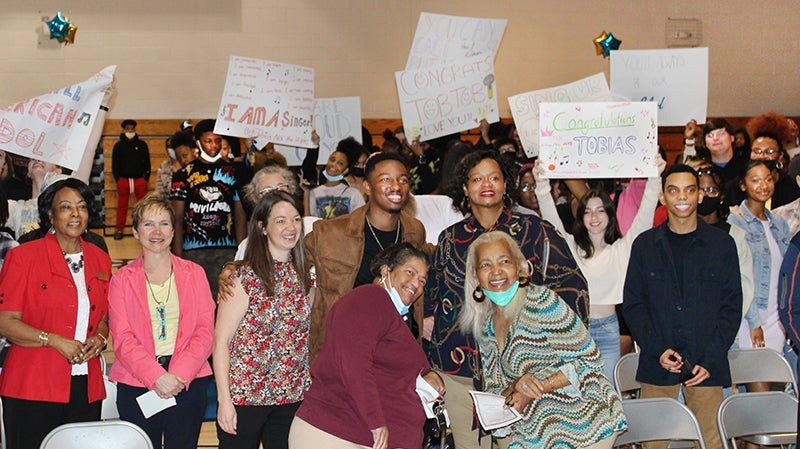RCP products impacted by tax reform
Published 3:21 pm Sunday, February 2, 2014
AHOSKIE – For decades, newspapers, big and small, across the state of North Carolina have been exempt from charging its subscribers with sales tax on subscriptions.
That long-standing tradition is now a thing of the past.
Following debate, the North Carolina General Assembly enacted tax reform, thus rewriting the state’s tax laws.
Effective Jan. 1, sales tax is applied to a laundry list of services that never before were required to assess such a fee. Sales tax now applies to newspaper subscriptions, admission to entertainment venues, purchasing a mobile or manufactured home, and on food sold in college cafeterias.
Republican lawmakers, in January of law year, began to study a proposal to overhaul the state’s tax codes. Their main purpose behind that proposal was the creation of a consumption sales tax. Long term, legislators believe a consumption tax will bring an end to personal and corporate state income taxes.
Subscribers of Roanoke-Chowan Publications products (Roanoke-Chowan News-Herald and Gates County Index) have questioned the increase upon receiving their renewal bills.
“The point of emphasis here is that our subscription rates did not change; they are the exact same in 2014 as they were in 2013, 2012, and so on,” said Steve Stewart, Publisher of Roanoke-Chowan Publications. “The increased cost of subscribing to the newspaper is entirely related to the state sales tax. Newspapers across the state were exempt from that tax up until the start of the new year.”
Stewart added that the sales tax only affects in-state mail and home delivery subscriptions. It is the standard 7 percent rate, with 4.75 percent going to the state and the remaining 2.25 percent earmarked for Hertford County (the point of sale).
Newspaper subscriptions are not alone in the new consumption tax.
Also on Jan. 1, there is a 4.75 percent sales tax for admission charges to a live performance. That includes motion pictures or films, museums, cultural sites, gardens, exhibits, shows, similar attractions or a guided tour at any of those attractions.
Exemptions to the entertainment sales tax are school-sponsored events at elementary and secondary schools; a commercial agricultural fair that meets state requirements; a festival or other recreational or entertainment activity that lasts no more than seven consecutive days and is sponsored by a nonprofit that is exempt from tax and uses the proceeds for nonprofit purposes; a youth athletic contest sponsored by a nonprofit; and a state attraction supported by state funds that offers cultural, educational, historical or recreational opportunities.


